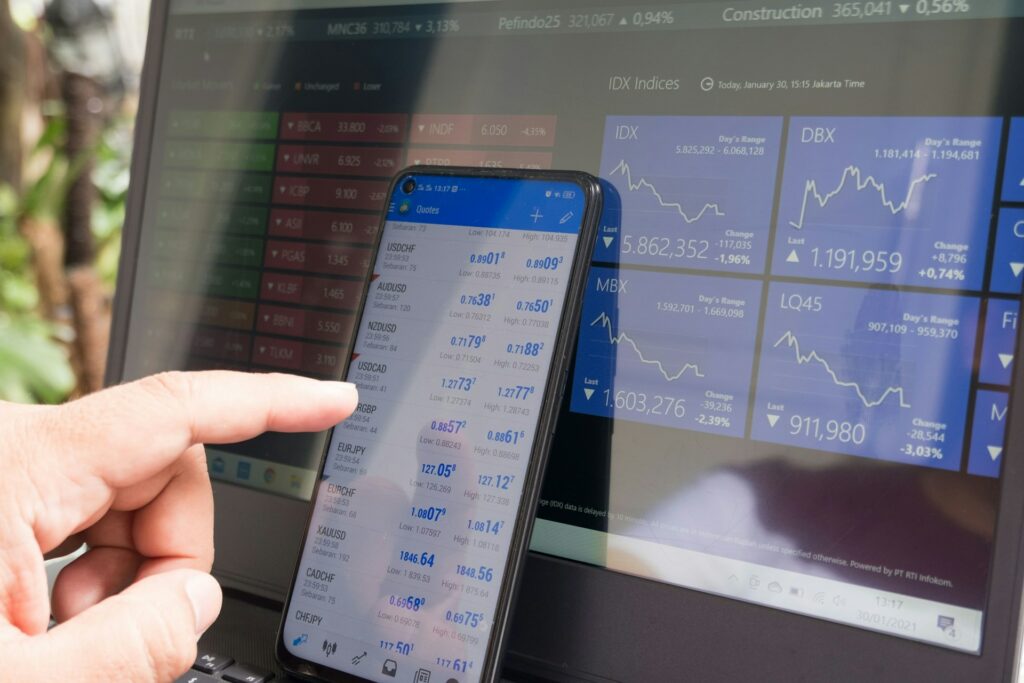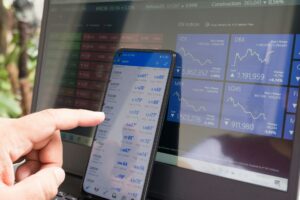In the Foreign Exchange Market What Is Scalping?

In the Foreign Exchange Market What Is Scalping?
Taking advantage of price swings in the extremely volatile realm of foreign exchange trading requires the utilization of a variety of diverse tactics. Scalping is one of the most common terms used to describe short-term trading strategies. The practice of making numerous fast trades throughout the day in order to profit from minute fluctuations in currency values is known as scalping in foreign exchange. As a result of their speed, precision, and dedication, effective scalpers are able to build huge gains over time, despite the fact that each individual gain is quite insignificant.
1. Comprehending the Forex Scalping Strategy
The trading strategy known as “scalping” is one in which traders attempt to generate profits from minute price variations, which are often only a few pip in size, within extremely brief time periods, which can range from seconds to minutes. Scalpers are traders that establish and close several positions quickly, and they frequently execute dozens or even hundreds of trades in a single session. This is in contrast to traders who hold stocks for hours or even days.
As a result of the high liquidity and volatility of the foreign exchange market, there are consistent and continuous modest swings in exchange rates. Scalpers make use of technical indicators and lightning-fast execution in an effort to capitalize on these fleeting opportunities.
2. The Methods Behind Scalping
Speed and consistency are essential components of scaling. Traders frequently make advantage of accounts with high leverage and minimal spreads in order to maximize earnings on relatively little movements. Due to the fact that this is the time of day when liquidity and price movement are at their peak, the majority of scalpers engage in trading during the most busy market hours, particularly during session overlaps, such as when the London and New York sessions are both open.
Frequently, they concentrate their attention on prominent currency pairs such as EUR/USD, GBP/USD, and USD/JPY because these pairs offer substantial volume and narrow spreads. Scalpers rely extensively on technical analysis, the identification of entry and exit opportunities being accomplished through the utilization of tools such as moving averages, Bollinger Bands, and trend lines. Additionally, automated trading systems, sometimes known as “forex bots,” are widely used since they are able to execute deals considerably more quickly than people.
3. The Pros and Cons of the Scalping Method
Just like any other trading strategy, scalping comes with its own set of benefits and difficulties:
Advantages include:
- Profits made quickly from relatively minor adjustments to prices.
- Trading possibilities that are frequent in markets that are active.
- Due to the fact that trades are short-term, there is less exposure to overnight hazards.
Potential drawbacks:
- Intense concentration, self-control, and a commitment of time are all necessary.
- Costs associated with transactions, such as spreads and charges, can quickly pile up.
- The potential for gains and risks are both increased when leverage is high.
Traders with experience who are able to make snap decisions and deal with rapid market movements without being affected by their emotions are the ideal candidates for scalping.
4. Suggestions for a Successful Scalping Experience
For a trader to be successful as a scalper, they need to:
- Employ the services of a trustworthy broker who offers minimal spreads and quick execution speeds.
- If you want to avoid slippage, stick to currency pairs that are liquid.
- To protect yourself from unexpected reversals, you should implement a stringent risk management plan that includes stop-loss orders.
- Maintain a reliable internet connection and make advantage of trading platforms that operate in real time.
- Scalping is a high-speed method that requires precision and discipline because there is minimal tolerance for hesitation in applying this strategy.
Quickness, tactic, and self-control are essential.
Taking advantage of minor, quick market moves in order to make regular gains is the essence of the forex trading strategy known as scalping. Although it has the potential to be profitable, it calls for experience, patience, and a well-thought-out trading strategy. Scalping is a fast-paced method of participating in the global foreign exchange market that is useful for traders who are able to maintain their concentration for extended periods of time and thrive under pressure.





